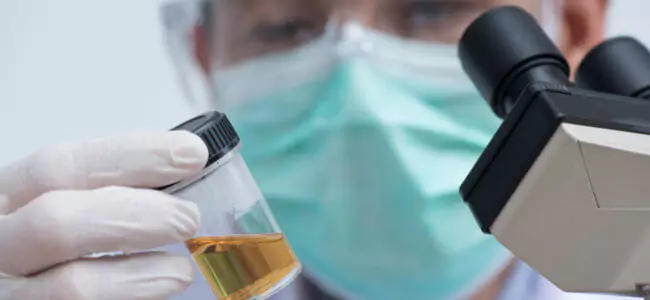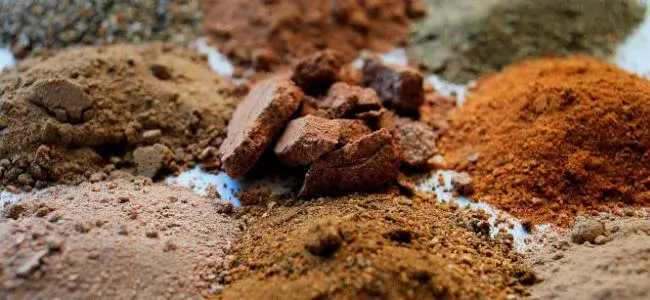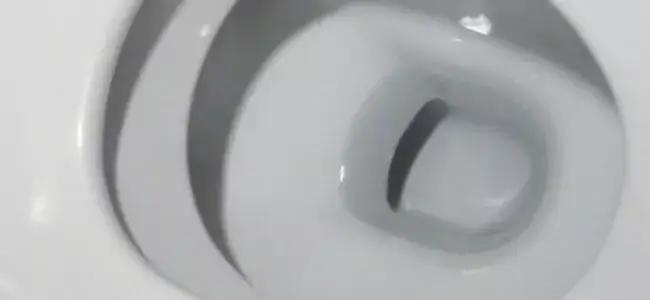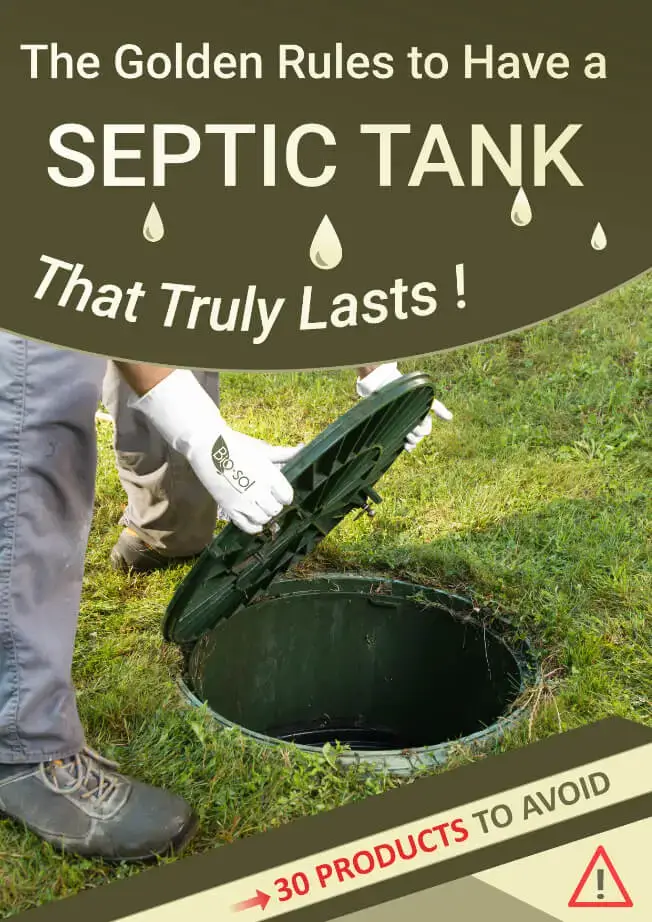What happens when feces and urine reach the septic tank?

TABLE OF CONTENTS
Feces or excrement refers to the solid bodily waste that is discharged from the large intestines via the anus during defecation. Depending on a variety of factors, feces are removed from the body anything from 3 times a day to once in three days. Feces comprise of 75% water and 25% solid matter. The solid matter is made up of dead bacteria, indigestible foods, fats, inorganic substances, and protein. Other components of the feces include debris from the mucous membrane in the intestines, bile pigments (bilirubin) as well as dead white blood cells. In fact, the action of bacteria on the bilirubin is what gives feces its brownish color. The bad smell of the feces is a result of hydrogen sulfide, skatole, indole and mercaptans, which are produced as a result of bacteria action during the digestion process.
Urine is the liquid that is produced by the kidneys in order to remove waste products from the bloodstream. Urine is yellowish in color and its composition varies but the main components of urine are water and organic solutes (urea, uric acid, creatinine, hormones, mucins, pigments, inorganic ions, carbohydrates and trace amounts of enzymes). Water makes for the largest composition of urine at 91-96%. Urine is also made up of trace amounts of compounds and ions including citric acid, ammonia, phosphorus, gluconic acid, uric acid, etc. The pH of urine ranges from 5.5-7. The exact value will be determined by the diet and health of the person. Even though urine is typically yellowish in color, this color will vary from clear to dark amber depending on how much water is present. Some diseases, natural chemicals, and drugs can also change the color of urine. For instance, if you eat beets, your urine can turn pink or red albeit harmlessly.
Feces, urine, and contamination
Feces
The majority of the pathogens in wastewater come from the feces. Urine is mostly sterile but feces contain over 100 varieties of bacteria and viruses. Even though some of the bacteria are harmless, others can cause diseases like dysentery, cholera, typhoid, and Hepatitis A. Additionally, viruses like rotavirus and Norwalk Agent Virus can cause respiratory illnesses. Viruses may not multiply outside the host but they can still survive for weeks as they await a new host. There are five important virus groups that originate from human feces. These are;
- Adenoviruses
- Enteroviruses
- Reoviruses
- Rotaviruses
- Hepatitis A
Of the five classes of viruses listed above, hepatitis A and rotavirus are the ones that are known to spread disease. The human intestine has a huge population of bacteria. Some of these bacteria (e.g. Escherichia coli) play an important role in the digestion of food. Others like salmonella have no benefit to the digestion process but are still harmless while in the colon. However, when they get out of the body through feces, they and can cause illness. The bacteria that can result in sickness include;
- Escherichia coli
- Salmonella
- Vibrio
- Shigella
Urine
Even though urine is sterile and has no serious health ramifications, it largely contributes to nutrient pollution of surface water. When the wastewater is not treated adequately, the nitrates and phosphates get into the rivers and lakes where they encourage the growth of algae. The more these nutrients increase in water, the greater the algal bloom. This ends up upsetting the natural balance in the aquatic ecosystems. Furthermore, as the algae die off, the dissolved oxygen in the water is used up by the microorganisms as they decompose the dead algae. this process by which the river or lake shifts from a clean water body to a lake or river that is oxygen-deficient due to algal bloom is referred to as eutrophication.
What happens to urine and feces in the septic tank?
The wastewater containing urine and feces is referred to as black water. The septic tank was particularly designed for handling blackwater although it also processes greywater. Greywater is the wastewater from the kitchen and shower drains. When blackwater gets into the septic tank, the solid particles from the feces and the tissue drop to the bottom of the tank where bacteria begin to consume them. In a conventional septic tank, the bacteria do not need oxygen and as they eventually convert the solid waste into gas and liquid.
Most of the solid waste is liquefied by the bacteria and the little that is not remains settled at the bottom of the tank to form the sludge layer. Meanwhile, the gas that is produced by the bacteria (mostly hydrogen sulfide, carbon dioxide, and methane) rises to the top of the water where it helps in creating insulation for improving the anaerobic conditions. This is the first stage of processing and it takes 2-4 days. At least 60-70% of the solid waste is typically liquefied at this stage. The semi-processed effluent then flows to the second chamber where the remaining solid waste is acted upon with bacteria. Again, those particles that cannot be broken down by the bacteria settle at the bottom of the tank to form the sludge layer.
From here, effluent leaves the septic tank via a discharge pipe and into a leach field. At this stage, pathogens are removed from the wastewater through the aerobic processes by aerobic bacteria. Nutrients are also removed through a natural filtration system of gravel and then the water will be ready to go back into the water cycle. A conventional system can remove up to 50% of the nutrients from the wastewater. Further filtration of the water will occur as the water percolates through the soil until it reaches the groundwater. If the greater quality of effluent is required, an advanced septic system will need to be installed because it is more efficient in removing nitrogen, phosphorus, and other nutrients from the wastewater before it is finally fed back into the water cycle.
Conclusion
Fecal bacteria and viruses are known to cause many illnesses and that is why wastewater from the house needs to be treated well. When the septic system is working efficiently, all pathogens should successfully be eliminated from the wastewater before it is released into the groundwater. But when the system fails, the ground and surface water might get polluted which exposes humans to communicable diseases. It is, therefore, important to carry out routine checkups and maintenance to avoid this.
OUR LATEST BLOG POSTS

Strange facts about septic systems
If you are a septic system owner, you might have heard all manner of myths. For instance, there is a common myth that throwing a dead cat in the septic tank can help rejuvenate bacteria and thereby make the septic tank more effective. But is this even true? In this article, we will not only answer that […]

Soils types and their impact on septic systems
SOILS TYPES AND THEIR IMPACT ON SEPTIC SYSTEMS However good your septic system is, it depends on the right soil type to complete the process of purifying the wastewater from your home. The soil type in the drainfield area will determine how well the effluent is filtered and if the water that is sent back to the […]

Avoid flushing these if you have a septic tank
Most homeowners wrongfully assume that their toilet can serve as some sort of garbage disposal. As a result, they end up flushing all manner of things in the toilets. Some of the things that are flushed down the toilet are actually innocent mistakes because homeowners think that is the right way to dispose of the products while in other cases, it is just a don’t care attitude. Whichever the case may be, flushing some of these things can result in septic system failure and it could cost you a fortune. We have rounded up some of the commonly-flushed products that you should never flush if you have a septic system.
PERFECT! I WOULD NEED...
Discover which products are the best for your needs!You can contact us at 1-800-378-6132 (toll free) or click on the following button to access our free online evaluation.
GET A QUOTE ONLINELog in to your account
Whoops! It happens sometimes...
CREATE A NEW ACCOUNT
CONGRATS!
You are now registered and ready to go. You can add and change any of your information on your client profile.
Unfortunately, we do not ship our products to the USA at the moment.
But, if you live in the United States and would like to order them, please fill in the form below. You will then be notified as soon as they are available in your country.
Thank you for your understanding!
Malheureusement, nous n’expédions pas nos produits en France pour le moment.
Mais, si vous êtes résident français et aimeriez les commander, remplissez s’il vous plaît le formulaire ci-dessous. Nous pourrons ainsi vous aviser aussitôt qu’ils seront disponibles dans votre pays.
Merci de votre compréhension!

-
30 products to avoid
-
What to replace them with
-
And everything you should know about your septic system
DOWNLOAD THIS FREE EBOOK!
Which email address should we send it to?


